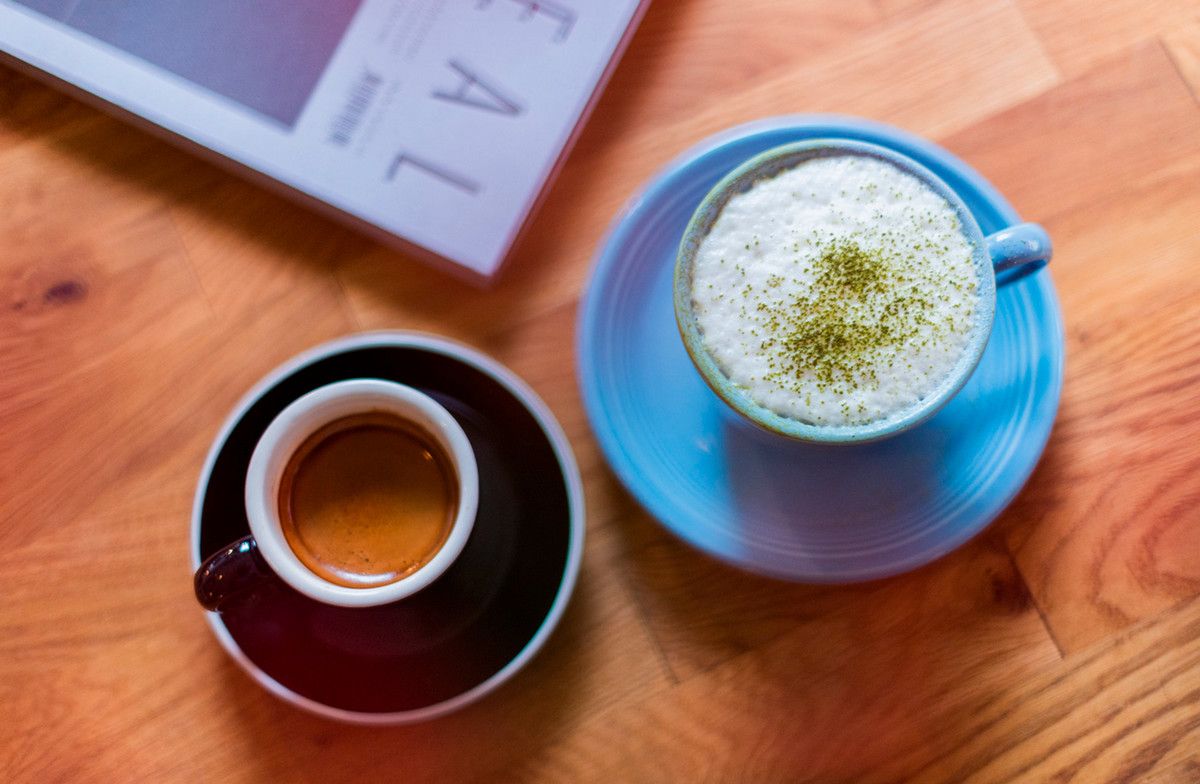D: Ah! Nothing like a hot mug of coffee in the morning. Want a cup, Yaël?
Y: No thanks, Don—I’m a tea drinker. I want to be woken up gently.
D: I like the jolt of wakefulness that my morning blend brings. After all, my cup here has over double the amount of caffeine as a cup of tea. And caffeine is a powerful stimulant! Within an hour of drinking coffee, my body absorbs the caffeine, first through my intestinal tract and then into my bloodstream. And suddenly I’m awake!
Y: That’s because with so much caffeine in coffee, the body can absorb a lot of it quickly. The faster the absorption, the faster you wake up. So you feel the effects of coffee rapidly. Tea, on the other hand, makes the body work hard to absorb its caffeine. This leads to a slower, gentler process of waking up—but it also means that your wakefulness will last longer, and that you won’t feel the crash that coffee often leaves you with.
D: Hmm. I do hate that sudden loss of energy. I’ve also noticed that when I drink coffee during the day, I have a hard time falling asleep—and some studies suggest that this is common for coffee drinkers, but tea drinkers fall asleep more easily.
Y: That might be due to caffeine’s chemistry: caffeine blocks adenosine, a chemical in the brain that helps controls sleep. This is a good thing in the morning, but a problem at night. Coffee, with its higher caffeine content, likely impedes adenosine more than tea.
D: Tea or coffee? It’s something to think about. In the meantime—cream and sugar?










